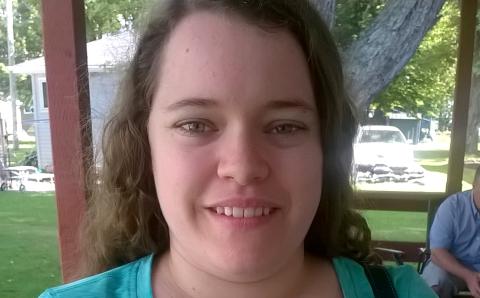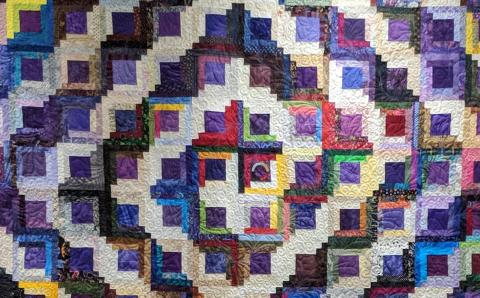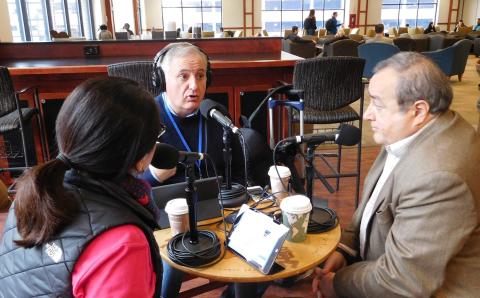Should we know what choice God is calling us to make before we decide what path to take?
God calls us in remarkably diverse and unpredictable ways. Because this is so, there is no simple or generalizable formula for discerning what task, career, or domestic positions God is calling us to occupy. There is a mystery in God’s ways that thoughtful Christians wisely respect. Part of that mystery is how God makes us aware of our callings.
Sometimes we are aware of what God is calling us to do before we decide what path we will take. We may hope for this awareness when confronted with pivotal decisions about marriage, having children, or paid work. God sometimes gives us clear knowledge our callings before we make pivotal decisions; if so we must heed that call. But often God does not give us clear direction on specific choices, even if God is clear that whatever we do, we do it in and for the Lord.
Sometimes awareness of God’s callings dawns not ahead of time but amidst the social spheres we already occupy. Perhaps we made key decisions with great uncertainty or even without any awareness of God’s calling. But in hindsight it becomes evident that God has called us into the limits and possibilities of our stations in life. Here, trust in God’s callings becomes a lens through which we can see our lives as belonging, not to ourselves, but to our faithful savior, Jesus Christ.
Sometimes we cannot discern God’s callings until we are old and reflecting back on our lives. Here Kierkegaard’s words ring true: “Life can only be understood backwards; but it must be lived forwards.” Though we did not always see God’s hand before or while we live our lives, we sometimes can see God’s providential shaping of our lives as a whole after we have lived the bulk of our lives. This faith-shaped reflection on our life is a time of gratitude for the possibilities and limits God has given us for service, for both the triumphs and the failures God has used to shape us as members of Christ. For often “[v]ocation is more about autobiography that it is about making decisions about one’s future” (J. Barbour).
About the Author
Douglas J. Schuurman is a professor of religion at St. Olaf College, Northfield, Minn.







